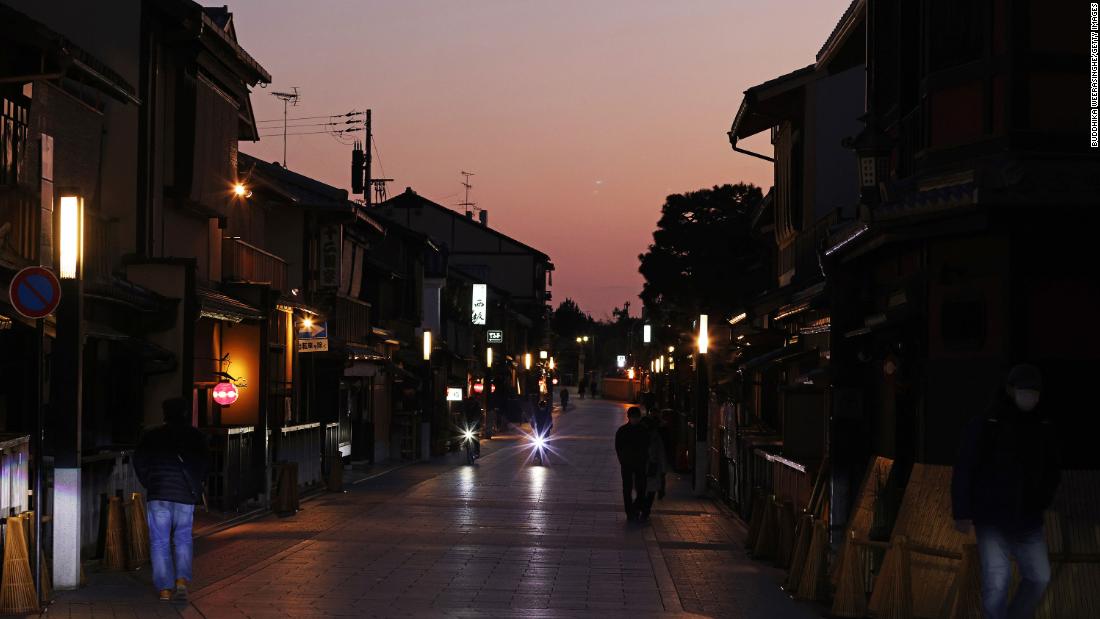The change comes at a time when doubts persist about the country’s readiness to host the Olympics, which are scheduled to take place in Tokyo this summer, from July 23 to August 8.
Suga told Japan’s Parliament on Tuesday that he plans to extend the state of emergency – which is due to expire on Sunday – until March 7 for 10 of the prefectures. The state of emergency is set to be suspended by a city council, he said.
That decision has yet to be finalized by the government’s coronavirus task force, and Suga is due to hold a news conference Tuesday night about the rules of the state of emergency.
The Japanese Ministry of Health on Monday reported 1,792 new cases of coronavirus and 72 additional deaths, bringing the country’s total number of cases to more than 392,000 and more than 5,800 dead. Nearly 50,000 patients with Covid-19 need hospital-level medical care on Monday.
About a third of confirmed cases are in the capital Tokyo, which on Monday reported fewer than 500 new cases for the first time since December 28.
While the country struggles with its current peak, in part caused by low winter temperatures, it also struggles with contradictory messages and coronavirus fatigue, having been one of the first to be hit by the pandemic.
Suga was criticized for what was perceived as his reluctance to take steps to combat the spread of the virus. Kenji Shibuya, director of the Population Health Institute at King’s College London, said in January that Japan’s response is “very slow and confusing”.
